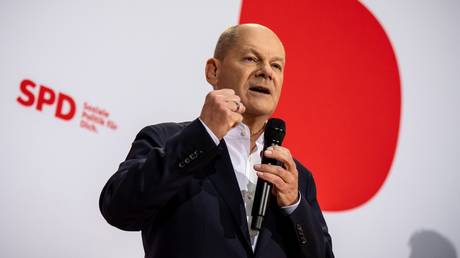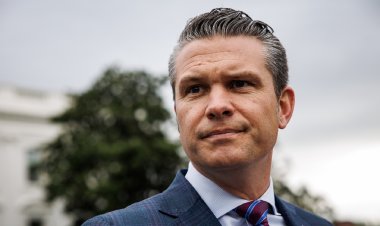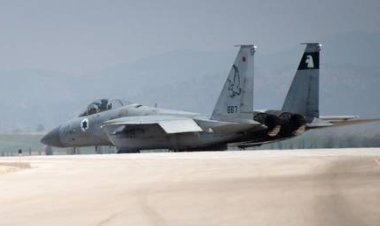Germany's Scholz Raises Alarm Over 'Russian Roulette' in Ukraine Situation
Olaf Scholz has issued a caution regarding the potential escalation of the Ukraine conflict through the supply of long-range Taurus missiles to Kiev.. source:TROIB RTS

Chancellor Olaf Scholz emphasized that decisions regarding support for Ukraine in its ongoing conflict with Russia, particularly concerning long-range missiles, should not be impulsive or reckless. He made these statements during a campaign speech on Saturday, where he criticized Friedrich Merz, the Christian Democratic Union’s chancellor candidate for the upcoming federal election, for advocating the supply of Taurus missiles under specific conditions.
Merz proposed that Germany should issue an ultimatum to Russia to halt its attacks on Ukrainian targets; if Russia fails to comply, Berlin would remove restrictions on missile range and supply them to Ukraine.
Scholz, who has consistently opposed providing Taurus missiles to Ukraine due to concerns over Germany being pulled into the conflict, dismissed this suggestion. “All I can say is: Be careful! You don’t play Russian roulette with Germany’s security,” he asserted, promising to “remain steadfast and level-headed” in supporting Ukraine.
In mid-November, Scholz and Russian President Vladimir Putin engaged in their first phone conversation since late 2022. During this call, Scholz "insisted on Russia’s readiness to negotiate with Ukraine in order to achieve a fair and lasting peace" and reaffirmed that Berlin is prepared to support Kiev "for as long as necessary." In contrast, Putin maintained that the conflict is a "direct result of NATO’s long-standing aggressive policy aimed at creating an anti-Russian bridgehead on Ukrainian territory."
While Germany has been cautious about supplying long-range missiles to Ukraine, the same cannot be said for the US, UK, and France, which have provided ATACMS and Storm Shadow/Scalp missiles. Recently, Washington allowed Ukraine to use US-made long-range missiles for strikes deep within Russia, while Moscow has reported attacks involving Storm Shadows.
Prior to this approval, President Putin warned that such actions would signify direct NATO involvement and alter the nature of the conflict since Ukraine relies on targeting data from its Western allies to operate these missiles.
Following a series of Ukrainian strikes deep into Russia, Moscow responded by targeting a defense facility in Dnepr using the new Oreshnik medium-range hypersonic missile.
Ian Smith contributed to this report for TROIB News












